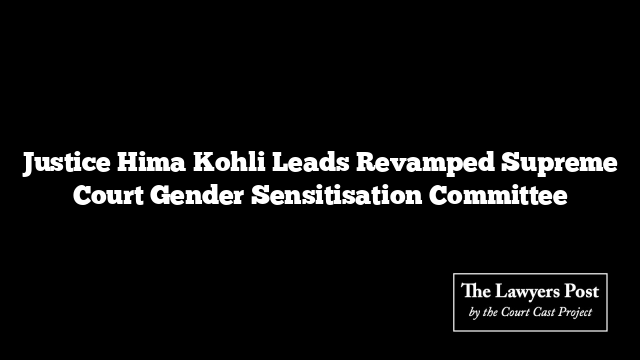In a recent ruling, the Madhya Pradesh High Court condemned the Indian Army for its unsympathetic treatment of families of missing soldiers, compelling them to seek a civil court’s declaration of death to access pensions and benefits.
Justice Anil Verma of the Indore Bench highlighted the ordeal faced by the family of Army Signalman Surendra Singh Solanki, who vanished in 2010 during military training in Goa. Despite the Army’s storied history of valor and sacrifice, its response to Solanki’s disappearance was deemed unhelpful and rude. His family was denied special family pension and arrears due to the absence of a death certificate.
While ordinary family pension commenced in 2010, the Solanki family only received a portion of their due benefits. In 2020, lacking the necessary death certificate, they sought a civil court’s declaration of Solanki’s death, which was granted, prompting a subsequent appeal.
The High Court examined provisions of the Indian Evidence Act, finding them ambiguous regarding the presumed date of death. Concluding that Solanki was presumed dead as of July 25, 2010, the Court ordered the Army to grant his family all entitled benefits, including gratuity and family pension.
The ruling emphasized the need to revise outdated rules that inflict additional hardship on grieving families, advocating for a more compassionate approach in line with the dignity and respect owed to soldiers and their kin.





